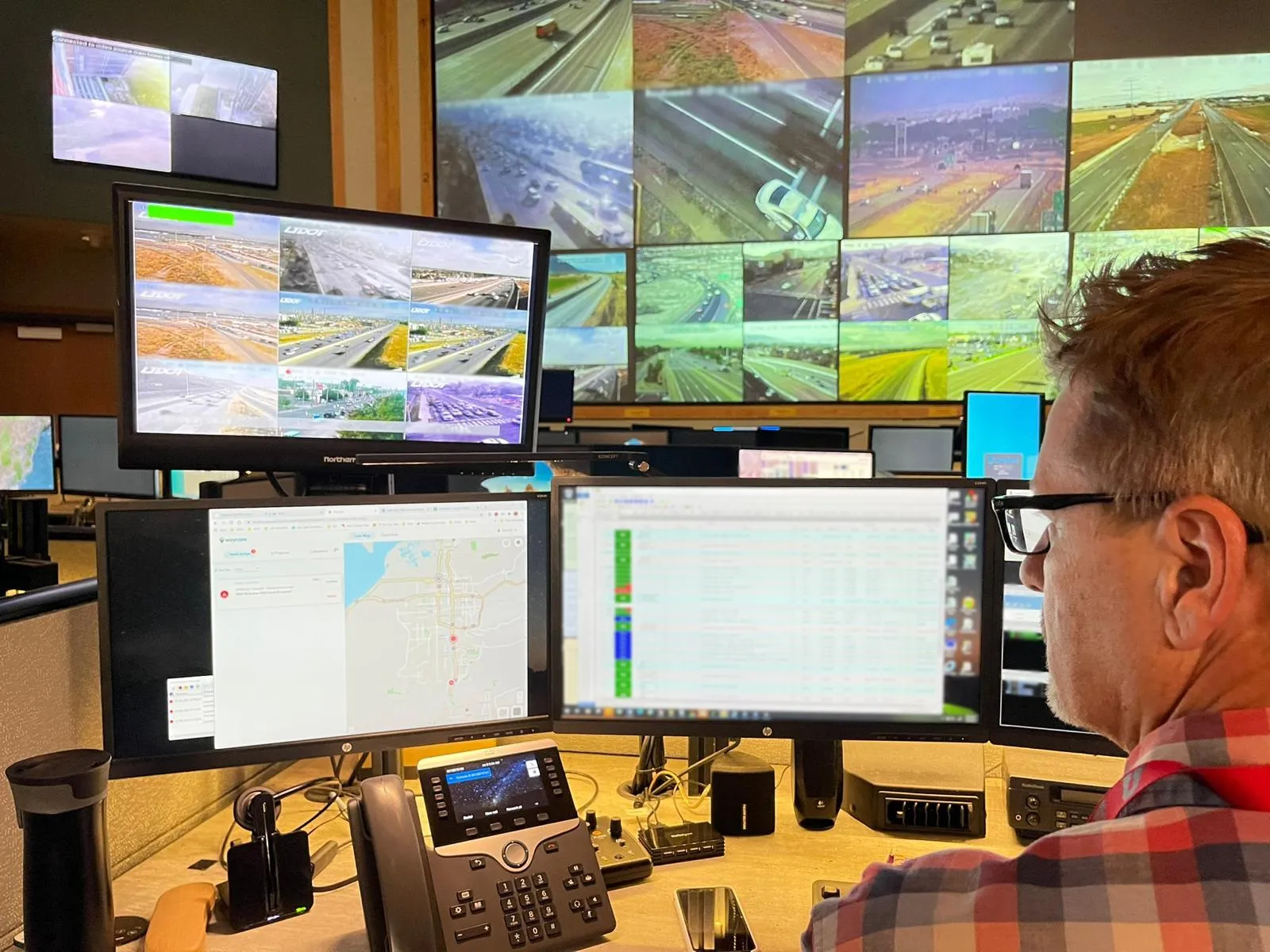
Utah Department of Transportation (UDoT) is piloting traffic management technology from Rekor Systems to speed up incident response.
The tech is by Waycare, the company which Rekor acquired recently; the Waycare brand is in the process of being transitioned into Rekor.
Utah Department of Public Safety (DPS) is also involved in the pilot, which runs over the next few months and focuses on major corridors in the Salt Lake City region along Interstates 15, 215, and 80, as well as Utah State Route 201.
The idea is that UDoT's traffic operations centre and incident management team, as well as the Utah Highway Patrol, will be able to collaborate in real-time incident detection and response.
Rekor says the agencies will gain access to advanced AI insights, processed from historical and real-time datasets from existing infrastructure, in-vehicle data, GPS navigation apps and weather forecasts.
This can help to improve the accuracy and timing of incident identification, congestion detection and crash prediction, the company adds.
"Existing methods for incident identification and the collection of traffic data are in need of technological innovation," said Robert A. Berman, president and CEO, Rekor.
"With the activation of this UDoT/DPS pilot, we are pleased to see the continuing adoption of our artificial intelligence and machine learning solutions among government agencies to address the rapidly expanding use cases for better roadway intelligence."
"Regional collaboration is a vital component to effectively accelerating incident response times and preventing secondary incidents," said Noam Maital, co-founder of Waycare.
"UDoT and DPS are leading the way by laying out a blueprint for how regional agencies can leverage AI and cloud platforms to improve traffic safety for the Sale Lake City community."
Rekor also recently announced that its technology was selected for a pilot with the Louisiana Department of Transportation and Development to enhance traffic management operations in the Baton Rouge area.










